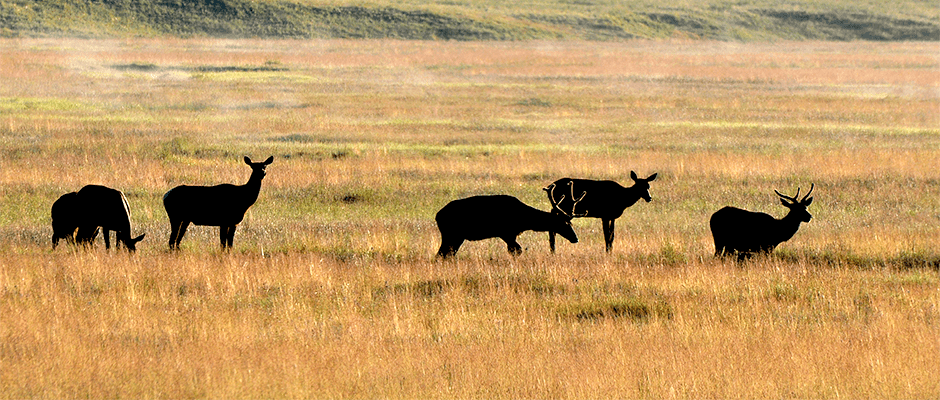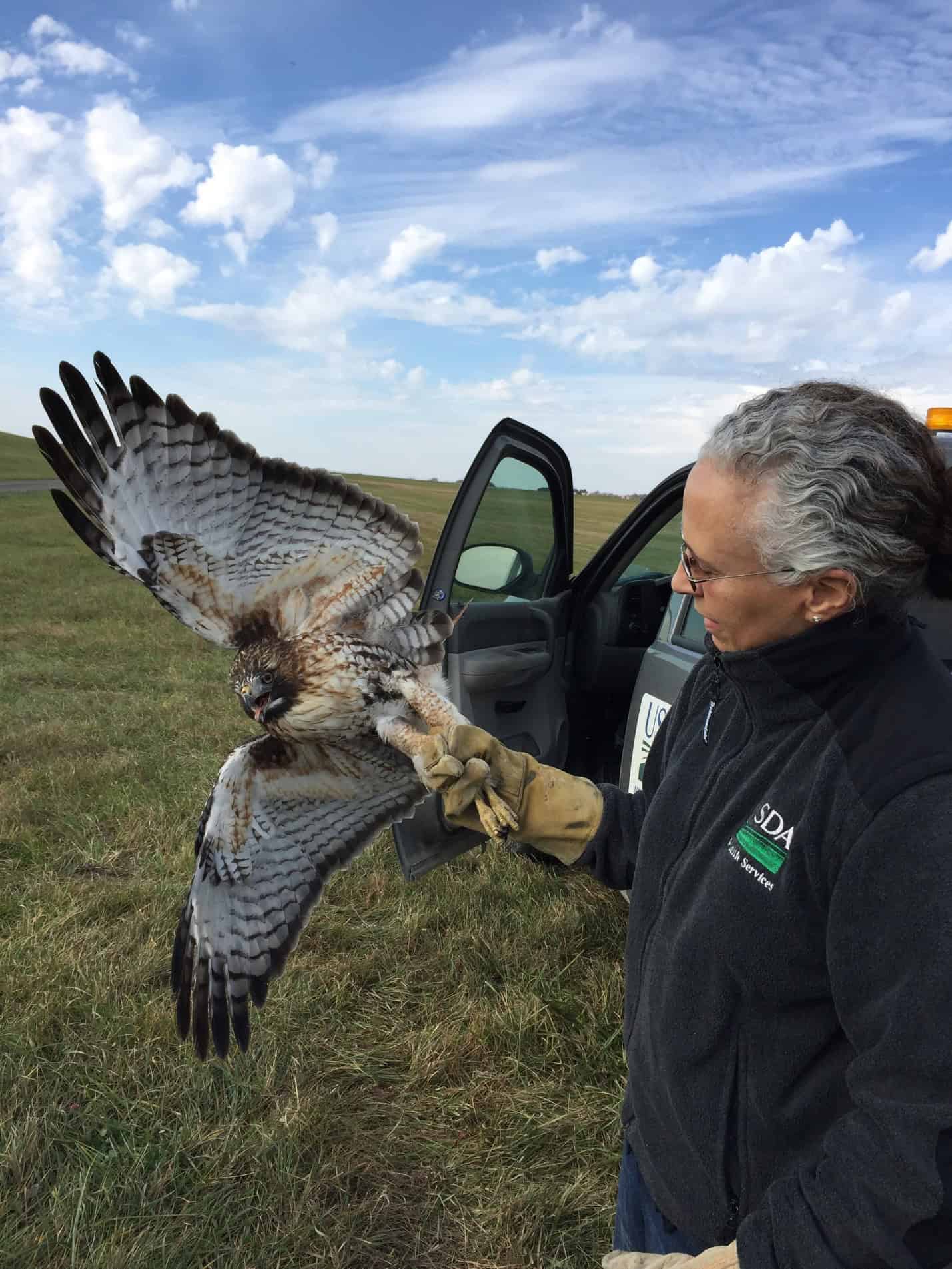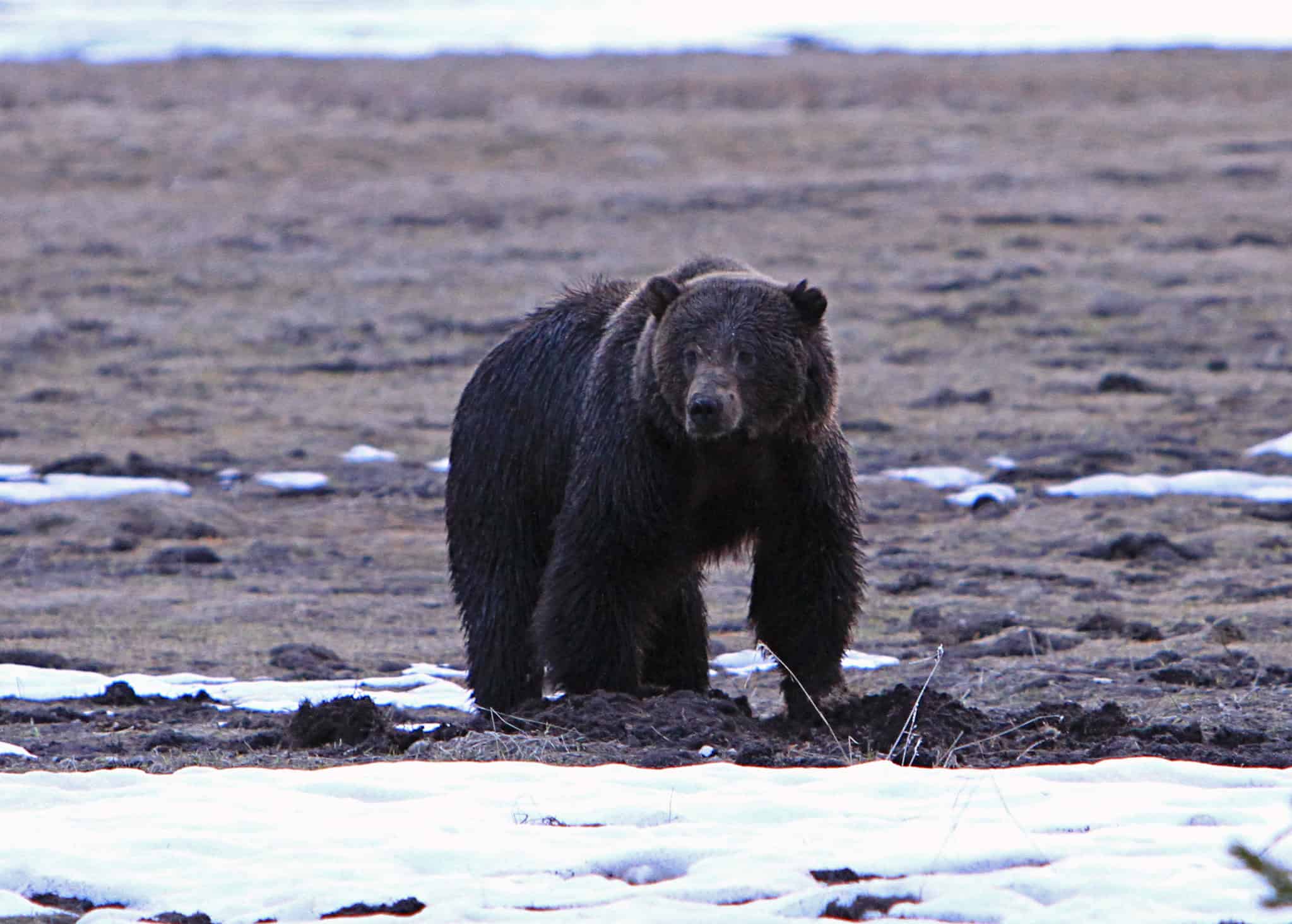Share this article
Fiscal Year ends without new budget, Farm Bill, LWCF
The federal government’s fiscal year ended Sept. 30, marking the deadline for Congress to pass the federal budget, as well as some key pieces of legislation specifically related to conservation.
As has often happened in recent years, the new budget was not passed in its entirety by the deadline.
Funding for some parts of the government has been decided, but others, including the Interior and Agriculture departments, still await new budgets. A continuing resolution will fund the government at current levels through Dec. 7, or until lawmakers can finalize individual appropriations bills.
The House Interior Appropriations bill was passed as part of a “minibus” package in July, with an overall spending level of $35.3 billion. The $35.8 million Senate Interior Appropriations bill passed in August. The Senate Agriculture Appropriations bill passed in September, with about $145 billion in funding, as part of another “minibus.” The House counterpart, with similar funding, was passed by the Appropriations Committee in May but never received a vote in the full House. Conference committees working to reconcile the differences between the House and Senate versions of both bills failed to do so before the Sept. 30 deadline.
The 2014 Farm Bill expired Sept. 30, without passage of a new Farm Bill to replace it. Lawmakers working on the bill have been unable to come to agreement regarding several provisions, including nutrition programs and conservation. Failure to pass the 2018 Farm Bill means that many conservation programs will be immediately affected, including the Conservation Reserve Program and Conservation Stewardship Program, which will no longer be able to take on new participants.
The Land and Water Conservation Fund was reauthorized in 2015 for three years. That reauthorization expired on Sept. 30. A bipartisan coalition of lawmakers has been working to extend the program, which provides funding for both the federal government and state/local governments to conserve land for parks, wildlife habitat and recreation. The Senate Energy and Natural Resources Committee voted to approve the Land and Water Conservation and Funding Act, S. 569, on Oct. 2. The bill provides permanent reauthorization for LWCF and authorizes funding of $900 million a year. It now must be voted upon by the full Senate, which will go on recess Oct. 26 until after the November midterm elections. In the House, legislation to reauthorize LWCF passed the Natural Resources Committee in September, but it has not yet been considered by the full chamber.
The House is now on recess until after the mid-term elections, meaning no final action can be taken on these items until they return Nov. 13.
Header Image: Valles Caldera National Preserve in New Mexico, was conserved using funding from LWCF. ©Larry Lamsa








